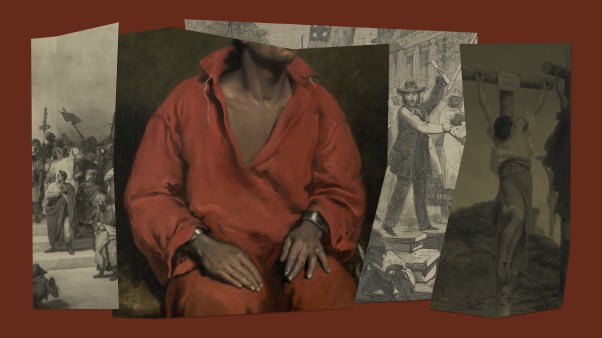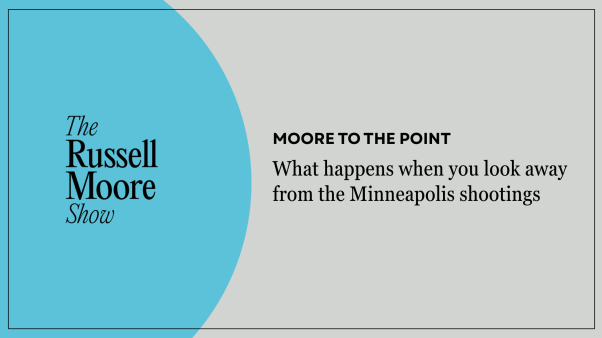June 3, 1098: After a seven-month siege, the armies of the First Crusade recapture Antioch (now in Turkey) (see issue 40: The Crusades).
June 3, 1162: Thomas a Becket is consecrated Archbishop of Canterbury. Nominated by his friend, King Henry II (Becket had previously served as his chancellor), Becket underwent a radical change as archbishop. He became pious and devoted to the church, which Henry found annoying. When knights heard the king grumbling, they killed Becket as he prayed.
June 3, 1647: The Puritan British Parliament bans Christmas and other holidays.
June 3, 1905: Hudson Taylor, English missionary to China and founder of the China Inland Mission, dies. "China is not to be won for Christ by quiet, ease-loving men and women," he once said. "The stamp of men and women we need is such as will put Jesus, China, [and] souls first and foremost in everything and at every time—even life itself must be secondary" (see issue 52: Hudson Taylor).
June 3, 1963: Pope John XXIII, convener of the Second Vatican Council, dies. Expected to be merely a "caretaker pope," he ushered in some of the Roman Catholic Church's most momentous changes in its history (see issue 65: The Ten Most Influential Christians of the Twentieth Century).
June 3, 1980: Catholic and Eastern Orthodox representatives meet officially for the first time since the Great Schism of 1054 (see issue 54: Eastern Orthodoxy).








